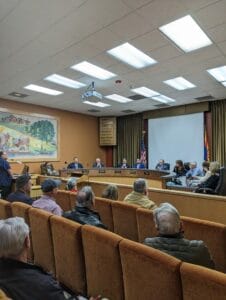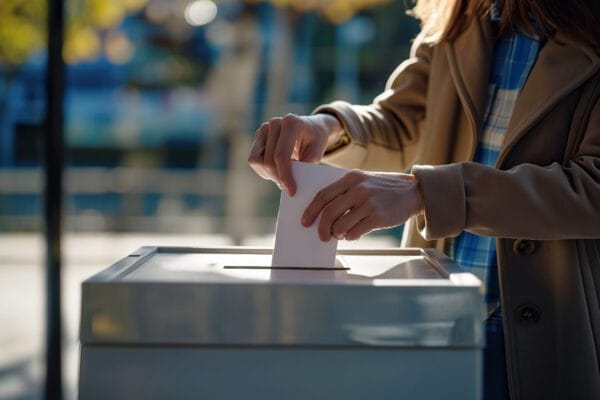By Robert Barnes | The Washington Post
Police officers generally must try to get a warrant before forcing uncooperative drunken-driving suspects to submit to a blood test, the Supreme Court ruled Wednesday.
The natural dissipation of alcohol in a person’s bloodstream does not justify an exception to the general constitutional requirements of a warrant, Justice Sonia Sotomayor wrote for the majority.

She said such emergencies must be determined by the circumstances in a case-by-case examination and rejected the notion that officers face a “now or never” situation in obtaining blood alcohol tests.
“In those drunk-driving investigations where police officers can reasonably obtain a warrant before a blood sample can be drawn without significantly undermining the efficacy of the search, the Fourth Amendment mandates that they do so,” Sotomayor wrote.
She was joined in her main holding by Justices Antonin Scalia, Anthony M. Kennedy, Ruth Bader Ginsburg and Elena Kagan.
Chief Justice John G. Roberts Jr. agreed with the outcome of the case, which affirmed a decision from the Missouri Supreme Court, but criticized the vagueness of the majority’s test.
“A police officer reading this court’s opinion would have no idea — no idea — what the Fourth Amendment requires of him, once he decides to obtain a blood sample from a drunk driving suspect who has refused a breathalyzer test,” wrote Roberts, who was joined by Justices Stephen G. Breyer and Samuel A. Alito Jr.
Strong words aside, Roberts’s proposed rule differed mostly by degree.







